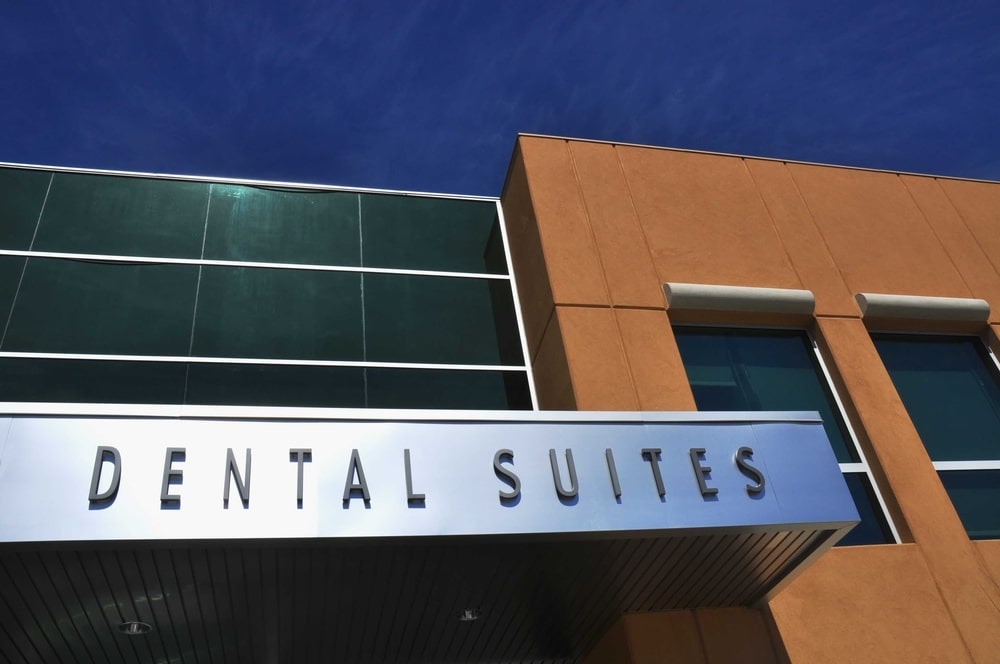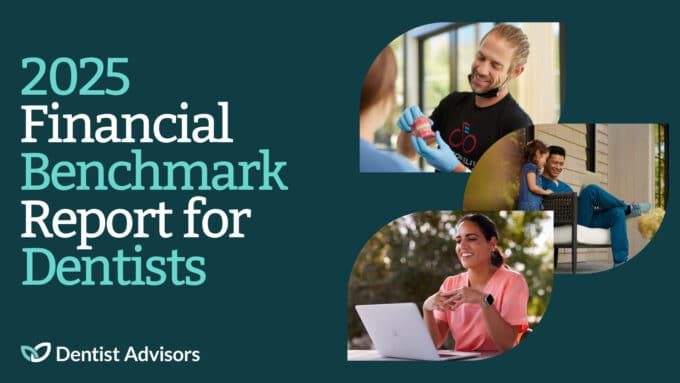Real estate has its pros and cons. These 5 tips will help you know if real estate as an investment is the right choice for you.
A few years ago, I met with a very successful dentist. He was interested in constructing an office building he could lease to other dental specialists. He told me something I hear frequently: “I’ve always wanted to own my own building. Real estate seems like a great investment.” We discussed the pros and cons, best practices, and I let him pick my brain for a few minutes.
Many people are led to believe real estate is the “best” investment, whether they understand what an optimal return on property really looks like or not. So, I thought it would be helpful to go over some key discussion points to think about if you’re considering investing in real estate.
Is Real Estate the Best Investment?
Real estate is a good investment, but it’s not the be-all or end-all investment opportunity. Why? Because the best investment is NOT any one asset. It’s a variety of different funds in the right proportions, based on your personal income and current level of wealth. But that’s a discussion for another day. Let’s stick with real estate.
Real estate carries certain strengths and weaknesses, and dentists who reach retirement with the majority of their personal net worth tied to commercial and residential properties might find themselves in an uncomfortable position.
Let’s take a look at five principles that can help you decide if real estate is a good investment for you.
1. Location, Location, Location
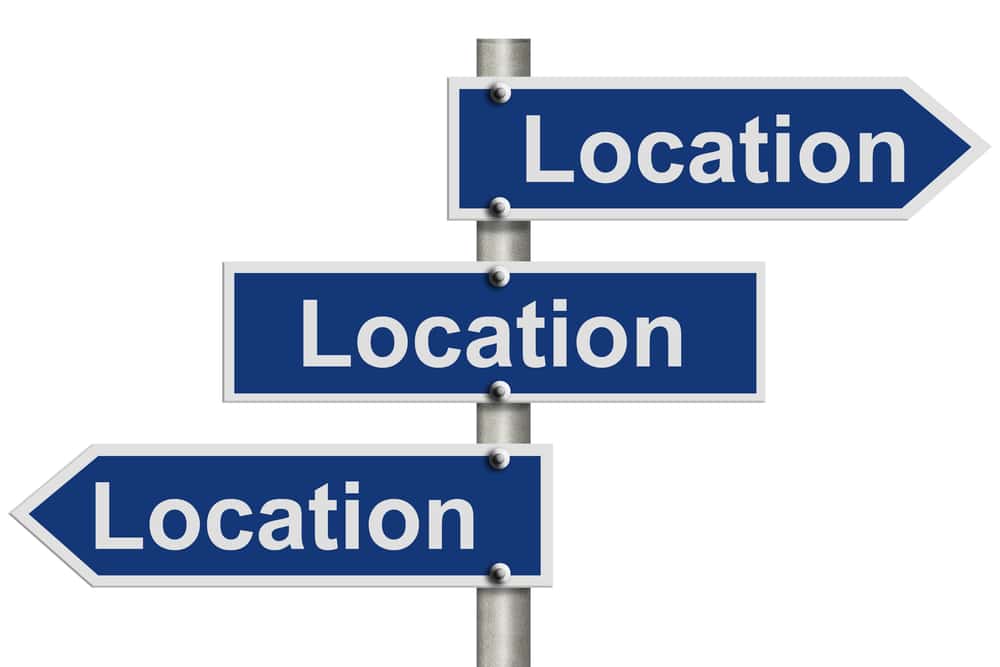
Before you consider the investment opportunities available to you, make sure you are basing your decisions on what locations will benefit your practice the most. Also, think about your commute and work/life balance. Are you willing to travel to this location over a long period of time? Will you move your family to a new home down the road? Will this change the optimal location?
If the building you’re interested in is not in an ideal location from a personal and practice perspective, then real estate is not the best investment for you.
2. Poor Space Planning
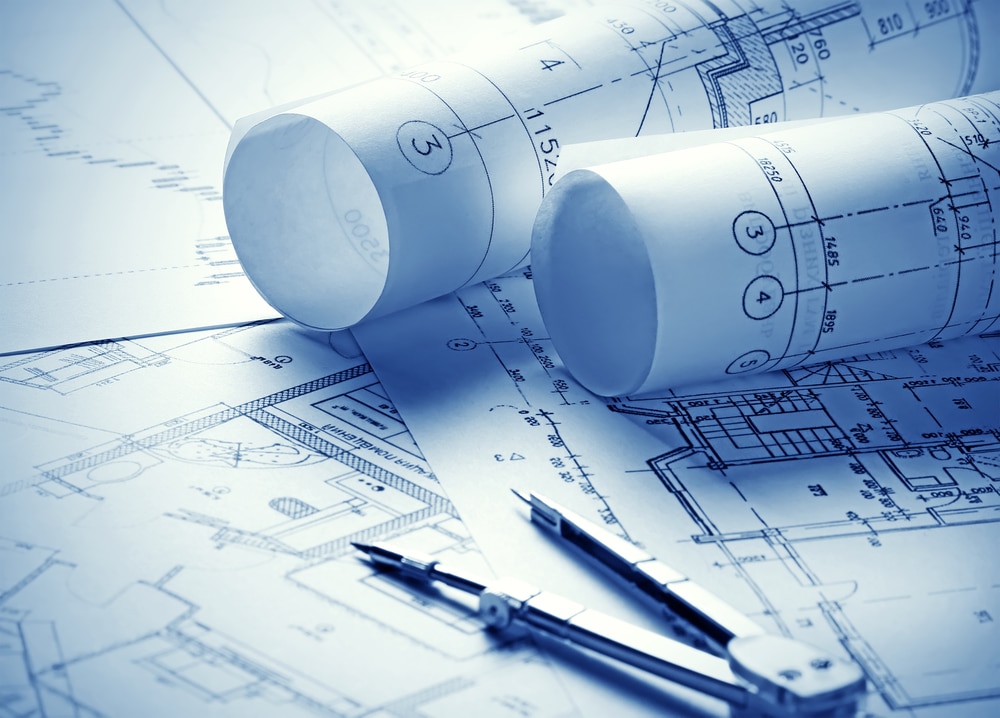
All too often, I see people making the mistake of purchasing more space than they really need. This leads to underutilization of their equipment and facility. Purchasing more real estate than you need simply increases property taxes, utilities, cleaning, and maintenance expenses; it also diminishes your total return.
On the other hand, some dentists are overly cautious and purchase too little space. As their practice continues to grow, they are forced to change locations and sell their property due to a lack of space. This quick turnover is rarely a good thing; buying and selling a building in a short time frame is risky.
There’s no sense in buying too much or too little space; if you don’t know exactly how much space you need, wait until you do. If this decision isn’t made correctly, real estate will not be the best investment.
3. Poor Financing

In many circumstances, purchasing property means you will part with more down payment monies, equipment and furniture expenses, and potentially higher after-tax expenses each month than if you were just leasing space. And, although you’re building equity in the property, you won’t get to deduct your entire building payment, so cash will inevitably tighten up, especially when taxes come due.
To counter this problem, we recommend financing up to 100% of your project, or close to it, with as little pre-payment penalty as possible. Traditional financing generally won’t cover 100%, but in our current environment, lenders will often provide additional financing to fill the gap where traditional SBA loans or conventional financing stop. Minimizing your out-of-pocket expense is extremely important for younger doctors who might not have a great handle on their cash flow.
Also, be careful with variable interest rates. Some lenders have the ability to offer 20+ years of fixed-rate financing, which is often preferable to variable interest rates that balloon in 5 – 10 years. You can’t afford to have a significant swing in your cash flow, especially down the road as your depreciation and write-offs start to decline and your taxes begin to increase.
In short, we recommend trying to obtain long-term, fixed-rate financing with very little out-of-pocket cash. Then once you move into the space and cash flow is plentiful, get advice on how to proactively reduce your debt.
If you can’t get this type of financing, and if buying real estate means you’ll be strapped for cash, then real estate is not an ideal investment for you.
4. Reducing Debt Too Quickly
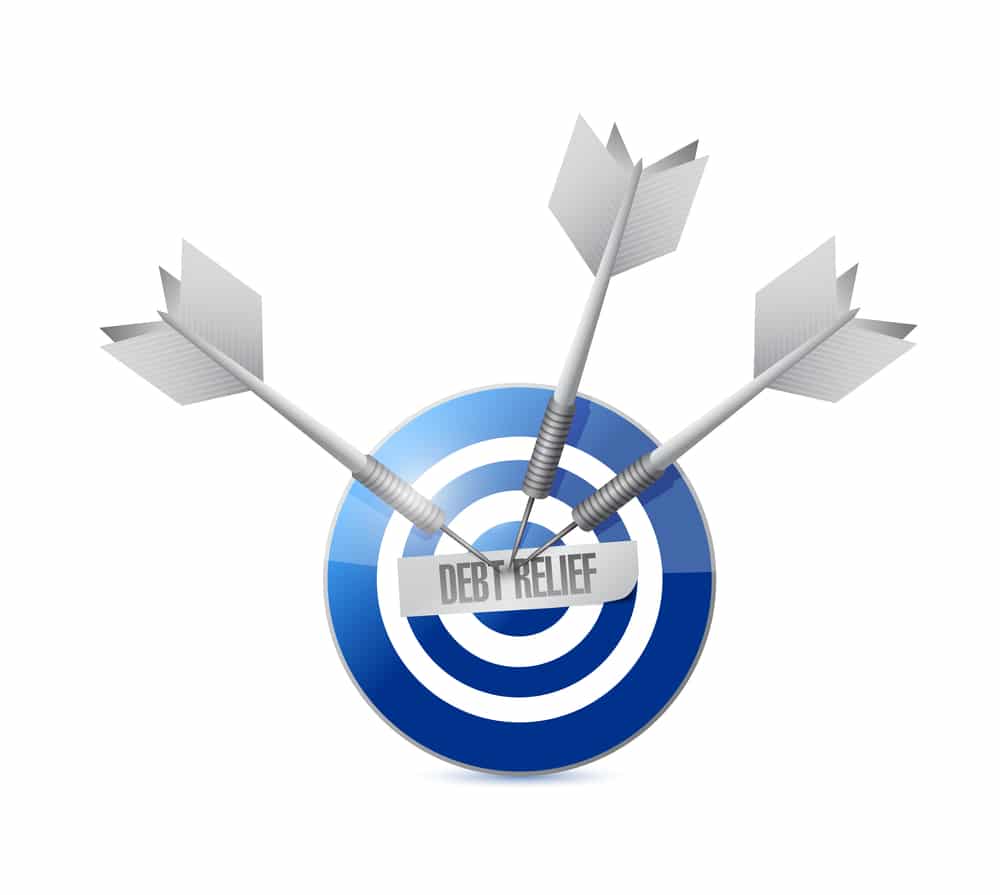
Many dentists spend the majority of their working years paying off real estate, which cannot be easily liquidated and turned into flexible retirement income. For example, if you own a large building at retirement, you might be able to live off the income you receive from leasing the property, assuming you own it free and clear, but it’s fixed income— which means you won’t have extra cash to buy cars or go on family vacations.
Liquid investments are king during retirement, mostly because they give you maximum flexibility. While property does provide you with a nice steady income stream, you’ll want to be careful to maintain sufficient assets outside real estate so you’re not forced to sell property at an inopportune time for a cash emergency.
The bottom line is, buying real estate and paying off the entire property in cash before you’re independently wealthy isn’t prudent and makes real estate a poor investment choice. A balanced approach of debt reduction and retirement savings will yield better results for most people. A balanced approach will include some accelerated debt reduction, conservative investments, and retirement portfolio contributions.
Engaging in investing funds and debt reduction simultaneously will help reduce biases and yield the best long-term results. While debt reduction is a worthy pursuit, try not to jump on the “I’m going to eliminated all of my debt in 2 years” bandwagon.
5. Income Property vs. Liquidation
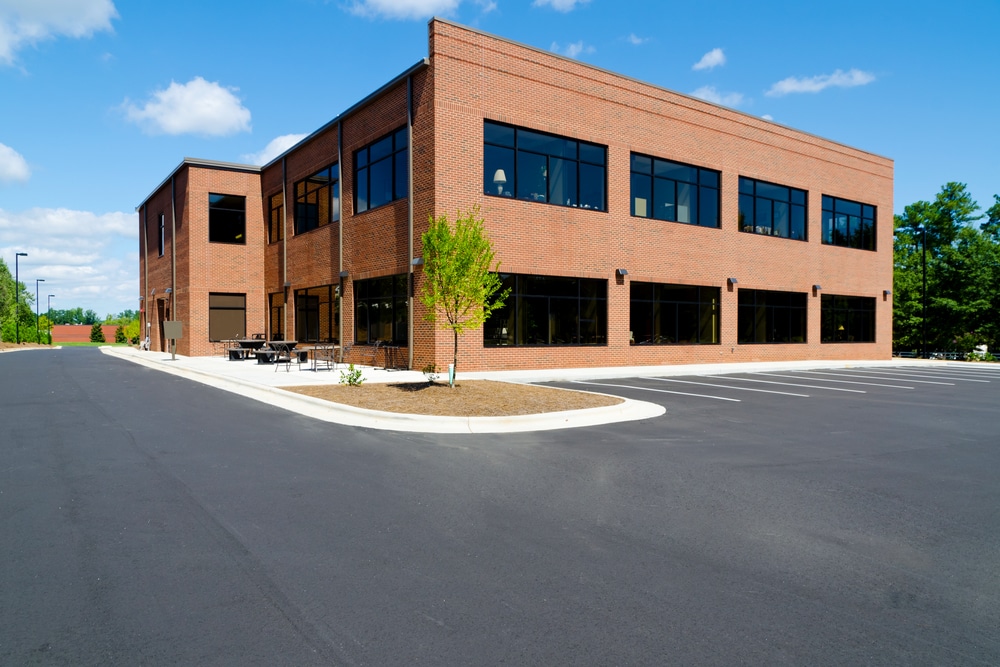
The only dentists who are able to do this are those who have accumulated sufficient assets outside their real estate holdings. These dentists have the financial flexibility to live on income from investments and sell their property as a last resort for additional liquidity.
Conclusion
Learning how to recognize the optimal returns for your retirement requires precise planning and restraint. Real estate is one area of planning I wouldn’t tackle without adequate assistance. There are too many chances for error.
If you over-accumulate real estate holdings to the point they make up the majority of your personal net worth at retirement, then you’re in for a less flexible lifestyle with ongoing expenses tied to these assets. Get some advice from competent real estate professionals and independent financial advisors who have practical experience with a variety of real estate transactions.


